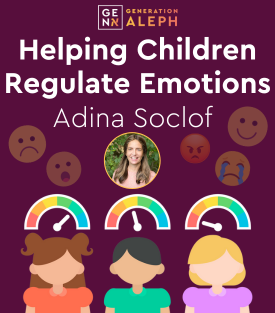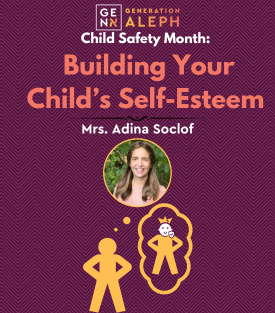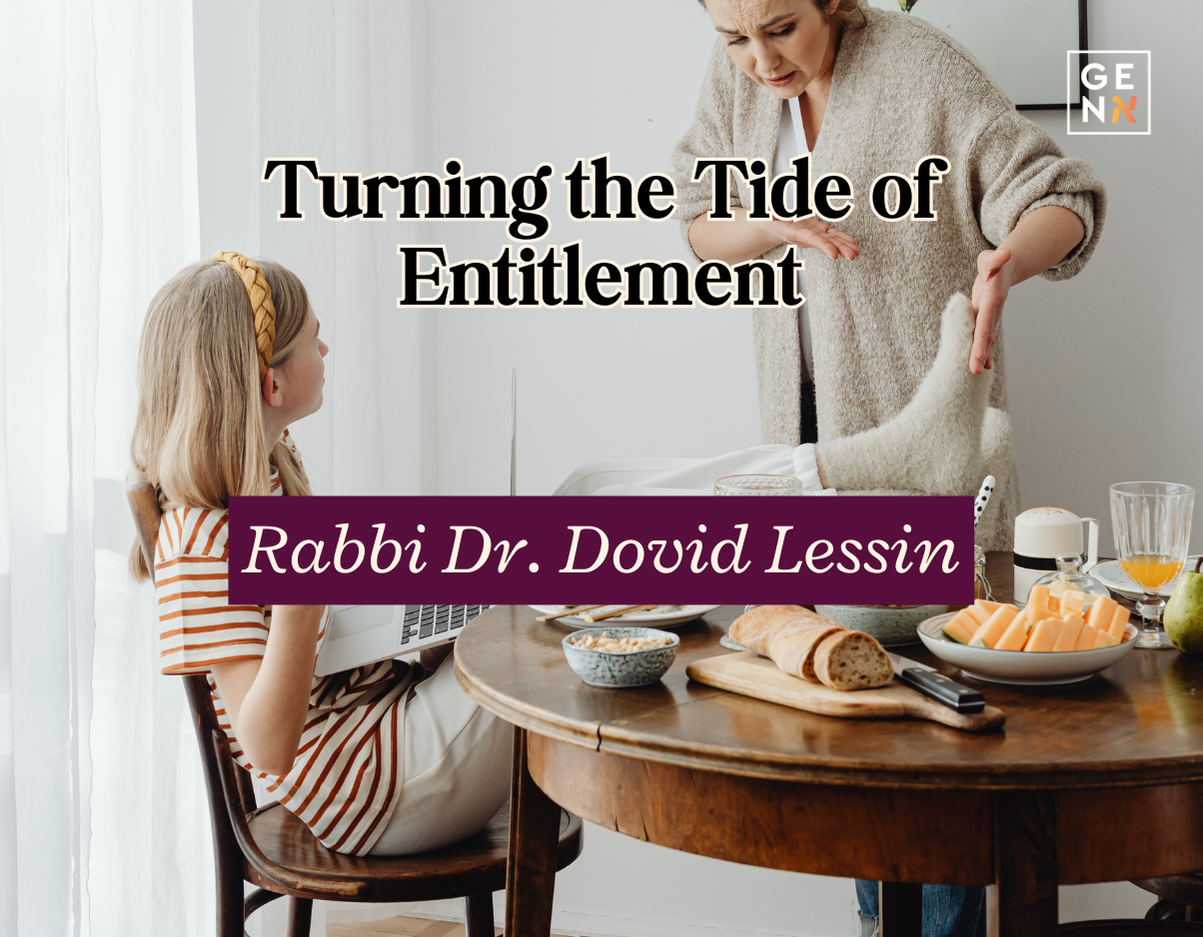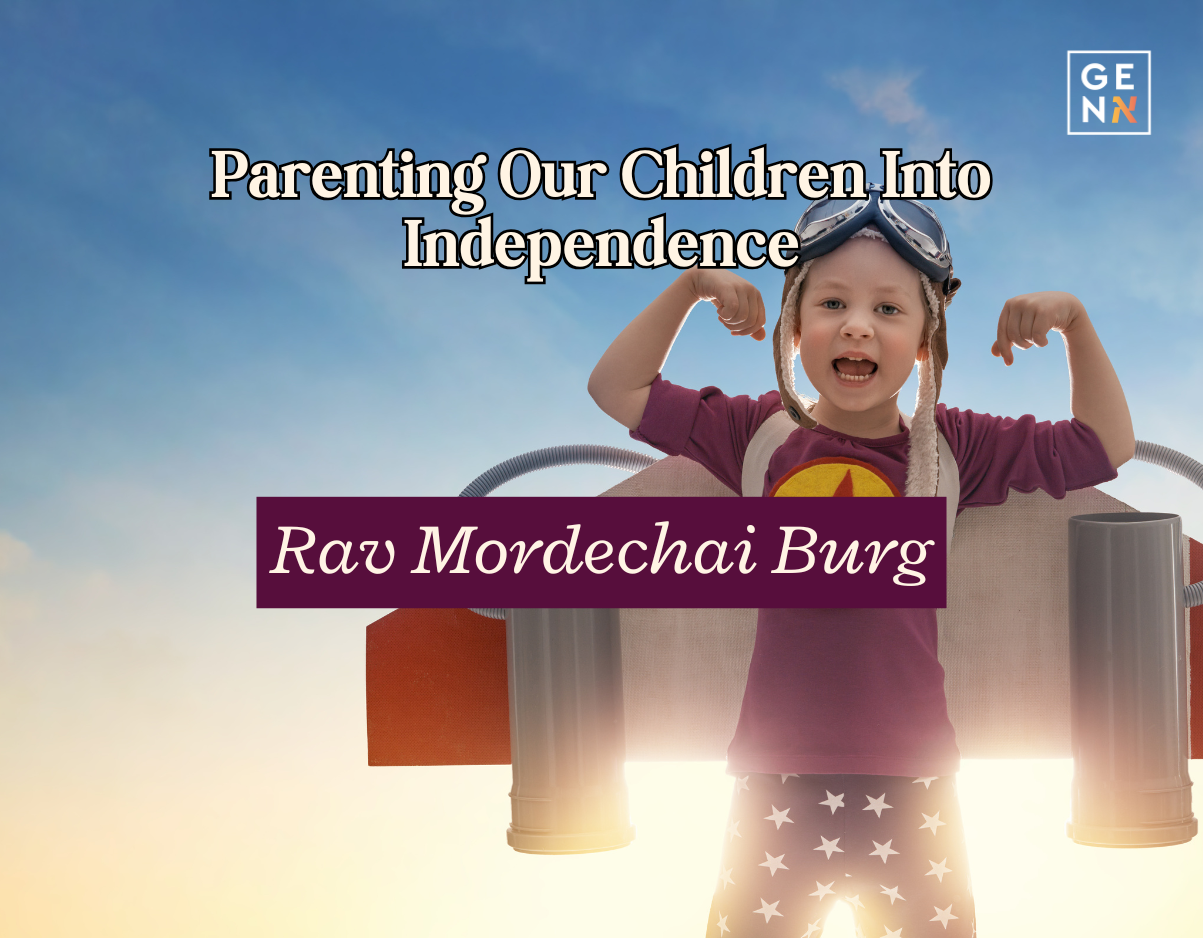In previous articles we laid out the following concepts:
- Children already have everything they need to become autonomous adults. Our responsibility is to create the appropriate environment for them to thrive and become the best version of themselves.
- Children need to be parented by adults, not only our own nuclear family but by adults in our extended family and larger community.
- Children need parents who are emotionally available and attuned to their needs.
- Owing to the stress of today’s modern society and the economic pressures which many of us face it is difficult to be truly emotionally available and attuned to the needs of our children. In the absence of adult attachment children may:
- As a result of their lack of emotional language, act out their emotions in inappropriate ways.
- Rely heavily on peer attachment. Given the option of staying true to the values of their parents or belonging to their peer group children will choose peer attachment as it is critical to their survival.
In this article I would like to explore some core principles of healthy adult attachment as it relates to our children’s capacity to become autonomous and negotiate the world around them. Since the goal of any parent is to raise children who are independent (emotionally, physically, spiritually – and not necessarily in that order), we would be well served to consider what type of environment will foster that type of growth. Remember that the acorn already has the capacity to become a mighty oak, but it requires being planted in the right environment. Every child has the capacity to become autonomous, but we must place them in an environment that supports becoming independent.
Let us begin by stating the obvious: there is no such thing as perfect parenting. It is not possible nor is it necessary for raising healthy children. While we aim high, we recognize that there is a significant amount of value in being a “good enough” parent. Given the stressors of our lives and the challenges of raising children in today’s modern world, it is important that we begin with an attitude of self-compassion. You are reading a parenting article right now. That speaks volumes about your desire to do your very best in this sacred calling. Especially if you have teenagers, you may be receiving critical feedback from your children regarding your parenting style and approach and while we can and should listen to what is being communicated, it does not necessarily mean that you are not doing an excellent job. There is no parenting handbook that tells us what we should do in every situation. Each child and situation are unique and calls for a variety of responses. It can be tricky to know what to employ and when. Our job is to get it right enough of the time so that our child feels deeply bonded and attached to us as parents. Remember, Hashem gave you these children. Clearly, he feels you are the absolute best parent for this child. No other parent in the world could do a better job than you.
Because there is no parenting handbook, I will do my best to stay away from writing about specific parenting strategies and focus instead on some of the core principles of parenting.
Safety
As in all things, safety first. Children are instinctively aware of life’s vulnerabilities. They look to us as parents for assurance that they will be ok. As parents we hope to raise our children to be independent adults. As our children develop their sense of independence, they need to know that we are nearby. Smothering a child inhibits the child’s ability develop into an independent person. Parents who are too far away fail to provide the safety that a child needs in order to go out and explore the sometimes-dangerous world. The best ability is availability. A child who knows that a parent is nearby and available feels safe to go out of their comfort zone and dip their toe into the foreign waters.
Reliability
Children are in a constant state of communication, but they don’t necessarily speak our adult language. From the toddlers’ cries to the teenager’s outbursts, children are always giving us cues as to what is going on for them. As such we must pay careful attention to their signals so that we can show up for them in the way that they need. When we can provide for them, we teach our children that their world is a reliable place. This gives the child a sense that they can, at least to some degree, exert a certain amount of influence over the world around them. As their world becomes increasingly reliable, the child develops a sense of autonomy. A child who grows up in a home where they trust that parents will be available to them to provide support in times of needs can explore the world around them.
Comfort
The world can be a scary and difficult place for a child (or an adult). Inevitably children experience a myriad of emotions that they may not know how to manage on their own. Parents who invite their children to share with them their emotions in an open and non-judgmental environment can soothe their children’s distress. Children who grow up in such an environment learn that what they are feeling is understandable and ok. They learn that it is ok for them to feel their feelings and that they have the capacity to manage them. The templates that the parents use to comfort their children often become the same ones that these children will use as they become adults themselves.
Valued
A strong sense of self-esteem is necessary for navigating the world. While there is a much rhetoric in modern times about self-love the truth is that we are loved into being by others. Our value is not something we discover on our own, it is something that our adult attachments gift us with. Parents who teach their children that they are valued not because of what they accomplish but simply because they “are”, gift their children with a strong sense of self. A school system that only celebrates high achievers and fails to value children who have fewer academic abilities is communicating to these children that there value is rooted in what they can do and not who they are. Similarly, when our children come home from school with a high mark on a test, we would do well to praise the effort rather than the test score alone. Teaching our children that they are loved unconditionally by Hashem is another way of expressing to them that they are valued for who they are and not for what they do.
Belonging
Belonging is the feeling that we have a place in the world. When we encourage our children to be their most authentic self, when our child feels that they have our complete support, they have the courage to go off and explore the world around them. They grow up knowing that there is always a place for them to return to. And, since they have a strong sense of belonging internally, they retain that sense of belonging wherever they go. Even as they engage new and challenging situations, they can call upon and draw courage from the feeling of belonging that they carry inside of them.
While this list by no means exhaustive, these are some of the necessary ingredients that our children need in their environments to become independent adults.
Submit your questions
"*" indicates required fields











